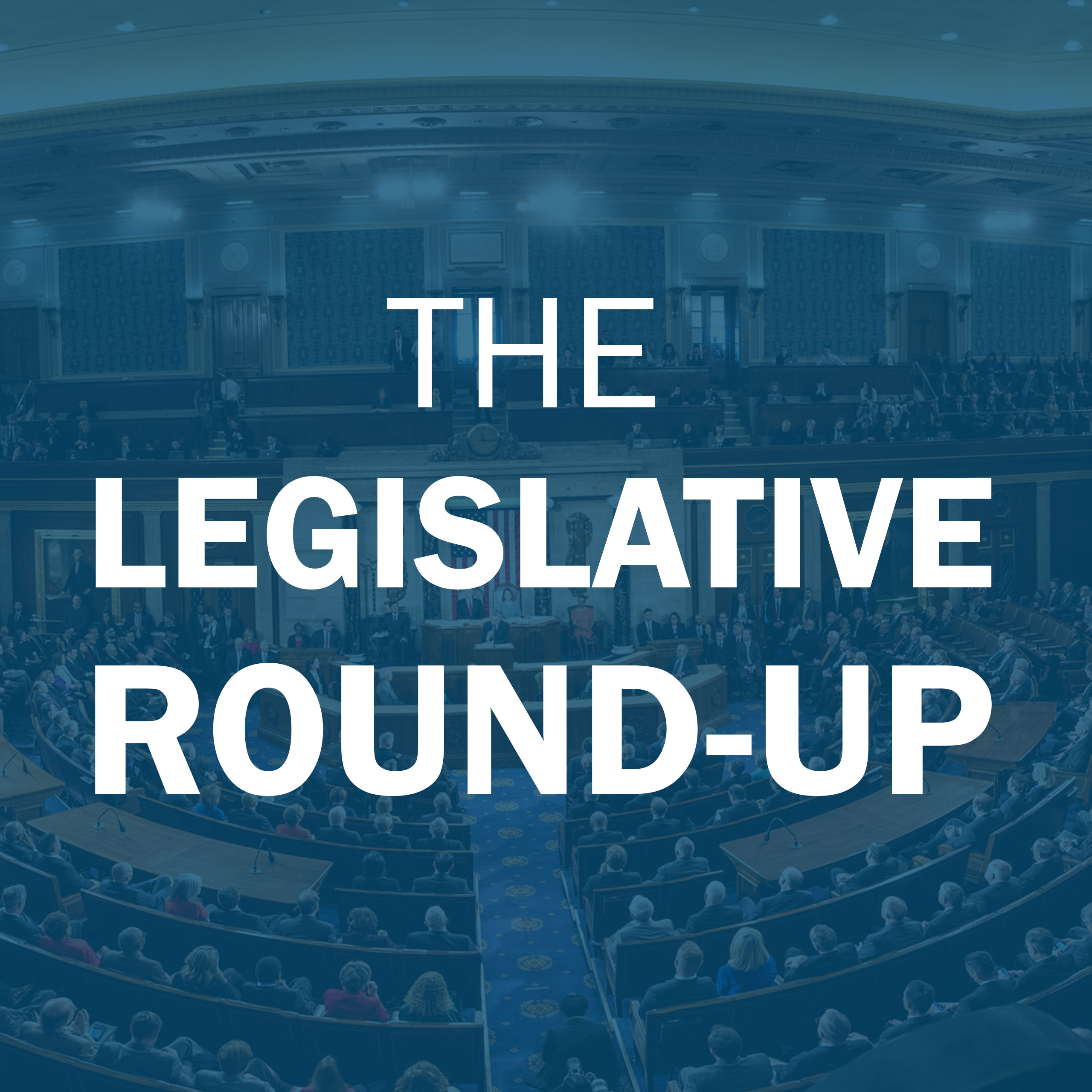House Expected Today to Pass the Largest Aid Bill in History
Later today the House is expected to pass the Health and Economic Recovery Omnibus Emergency Solutions—HEROES—Act. This $3 trillion bill is the largest aid package in history. Having just been introduced earlier this week, this bill is effectively a starting point for negotiations. Once the bill is passed by the House and sent to the Senate, major changes are expected to be made.
Further, Senate Majority Leader McConnell, while not specifically giving a time table for Senate action, has strongly indicated that final action by the Senate on the bill will not occur until well into June.
What House Bill Provisions Would Impact TNPA Members?
Small Business Loan Forgiveness – Good news on this front! While the $2.2 Trillion CARES Act limited eligibility for small business loan forgiveness to ONLY 501(c)3 nonprofit organizations of 500 or fewer employees, the House Bill opens up the loan forgiveness program to ALL 501(c)’s with 500 or fewer employees, with two exceptions:
- A restriction against 501(c)4’s, which are principally engaged in political activities. This is intended to prevent the so-called “dark money” 501(c)4 organizations from receiving loan forgiveness. This is in effect a very specific restriction, targeting a small group of 501(c)4’s whose sole function is the influencing of elections. Importantly, all other 501(c)4’s, including those engaged in lobbying, with 500 or fewer employees would still be eligible for loan forgiveness.
- A restriction in using any of the loan funds to pay the salaries of any employees who are registered lobbyists. However, we are hearing that a number of Senators are already working on a modification to this restriction to allow for loan forgiveness to any 501(c) which spends 50% or less on lobbying. This change would exempt over 98% of 501(c)s from this restriction.
Loan Forgiveness for Nonprofit Organizations With Over 500 Employees Through the Federal Reserve – Fed Chair Powell has publicly stated that the Fed knows little about the mechanics of the nonprofit community. With that in mind, the House bill requires the Fed within 5 days of enactment of this legislation to “create a loan option tailored to the unique needs of nonprofit organizations” with loan forgiveness of loans (similar to the Small Business Loan Forgiveness Program) if the nonprofit “predominantly serves low-income communities” as defined by the Fed. At this early stage, it is uncertain how the Fed will define what constitutes serving low-income communities. When the bill reaches the Senate, more clarity on this definition is expected.
Funding for the Postal Service – The House bill calls for a direct appropriation of $25 Billion for the Postal Service. It should be noted that the USPS currently has a $14 Billion loan facility with the Treasury, including $10B designated in the CARES Act, that it has yet to draw upon.
Making Permanent the Temporary $300 Universal Charitable Deduction, and Ideally, Raising the $300 Cap – There is no provision in the House bill addressing the universal charitable deduction. However, when the bill reaches the Senate, there is a bipartisan group of six Senators – Senators: James Lankford (R-OK), Chris Coons (D-DE), Tim Scott (R-SC), Amy Klobuchar (D-MN), Mike Lee (R-UT), and Jeanne Shaheen (D-NH) – who are strong supporters of making this deduction permanent, as well as raising the $300 cap.




